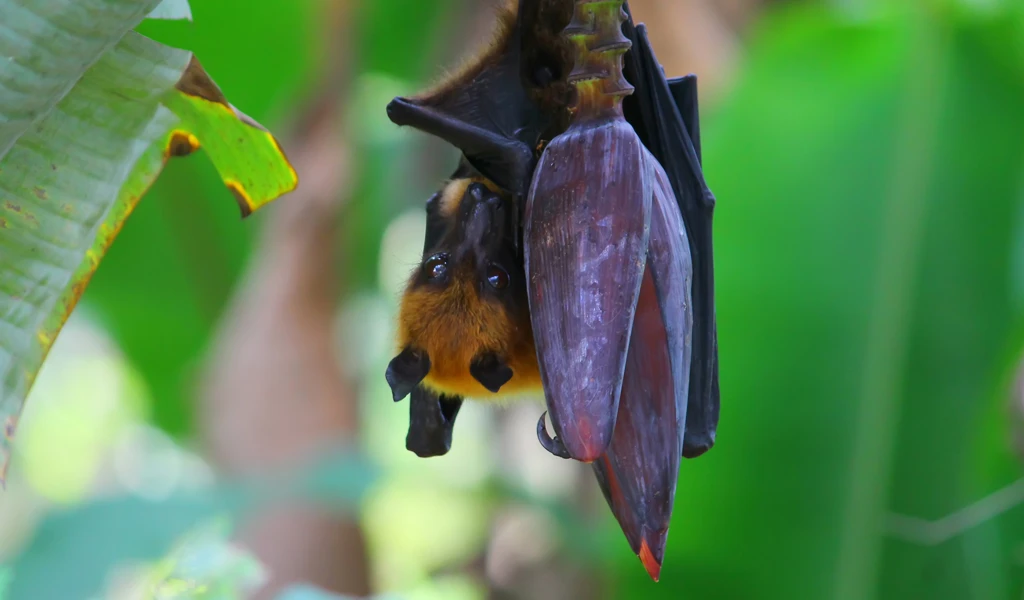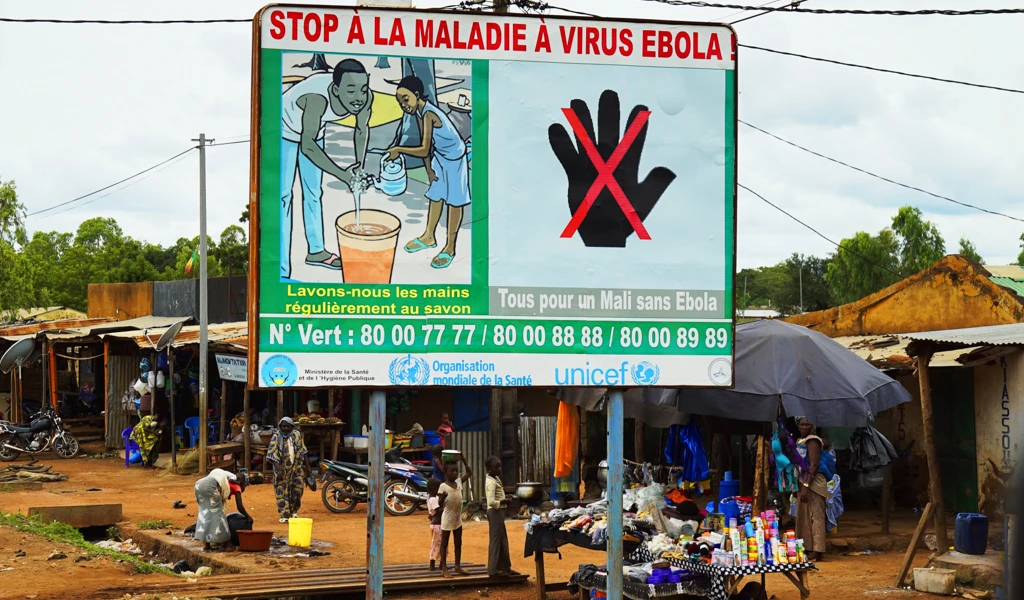Ethiopia funds Coalition for Epidemic Preparedness Innovations to combat spread of epidemics

Oslo, Norway; Addis Ababa, Ethiopia - Ethiopia has pledged USD$300,000 in funding as part of a commitment to join the Coalition for Epidemic Preparedness Innovations (CEPI) and support its mission to speed development of vaccines to combat emerging infectious diseases and prevent future epidemics. Amid the unfolding novel coronavirus epidemic and concerns about its potential spread to Africa as well as ongoing outbreaks of Lassa fever in Nigeria and Ebola in DRC, CEPI's work is critically important to the protection of health in African peoples.
The Ethiopian Government's commitment was announced today by H.E. Dr. Lia Tadesse, State Minister, Ministry of Health, Federal Democratic Republic of Ethiopia at the 33rd assembly of the African Union, in Addis Ababa.
"Vaccines represent a vital tool for ensuring strong health security and defending against public health threats posed by emerging infectious diseases. Ethiopia is pleased to be able to support CEPI's mission to speed-up development of vaccines against these emerging threats and look forward to working together to strengthen Africa's capacity to prevent, detect, and respond to emerging and re-emerging infectious threats.”
"We are delighted to welcome Ethiopia as the first African nation to invest in CEPI. This show of support for CEPI's crucial work reflects Ethiopia's forward-thinking approach to public health. We look forward to working with Ethiopia to advance vaccines against emerging epidemic threats, enable access to these vaccines to the most vulnerable populations, and strengthen scientific and research capacity in Ethiopia and across the continent.”
Epidemic preparedness in Ethiopia
A major epidemic in Ethiopia could put the health and economic gains being achieved by the country at risk. Given its geographic location Ethiopia is also at particular risk of transmission from other countries. This includes diseases like MERS, a coronavirus with a mortality rate of approximately 35% that has infected nearly 2500 people since its discovery in 2012 and which has been found in camels in Ethiopia. CEPI's investments to advance vaccine development and manufacturing for MERS, and other emerging infectious diseases such as the novel coronavirus now circulating in Asia, will help build the insurance policy against potential future epidemics that Ethiopia and other countries need.
Strengthening the coalition
In 2017, five investors—Norway, Japan, Germany, the Bill & Melinda Gates Foundation, and Wellcome—provided CEPI's first contributions. Since that time Australia, Belgium, Canada, the European Commission, and the United Kingdom have also made contributions.
In 2018, CEPI and Ethiopia signed a memorandum of understanding outlining how they could work together in the end-to-end scope of vaccine development—focussing on both bridging essential gaps for re-emerging infectious diseases of epidemic potential where no vaccines currently exist, and building new technologies that can speed up the creation of vaccines for new diseases when they emerge.
In the past few weeks CEPI has announced this new funding from Ethiopia and an additional £20 million in funding from the UK Government.
Cost of epidemics
The costs of emerging infectious diseases are vast, in both human and economic terms. A report prepared by the National Academy of Science has estimated that over 10 years, the global costs of epidemics could amount to $600 billion. Even small epidemics can cause tremendous economic disruption. The 2003 outbreak of SARS, a coronavirus similar to the 2019 novel coronavirus (2019-nCoV), led to the infection of more than 8000 people and cost the global economy some $40 billion. The 2014 Ebola epidemic in West Africa resulted in an estimated global social and economic burden in excess of $53 billion.
About CEPI
CEPI is an innovative partnership between public, private, philanthropic, and civil organisations, launched at Davos in 2017, to develop vaccines to stop future epidemics. CEPI has reached over US$750 million of its $1 billion funding target. CEPI's priority diseases include Ebola virus, Lassa virus, Middle East Respiratory Syndrome coronavirus, Nipah virus, Rift Valley Fever and Chikungunya virus. CEPI also invests in platform technologies that can be used for rapid vaccine and immunoprophylactic development against unknown pathogens (ie, Disease X). To date, CEPI has committed to investing over $475 million in vaccine and platform development.
Learn more at http://www.cepi.net. Follow us at @CEPIvaccines.
CEPI's work on the novel coronavirus, nCoV-2019
The rapid global spread and unique epidemiological characteristics of the novel coronavirus is deeply concerning. CEPI has moved with great urgency and in coordination with WHO, who is leading the development of a coordinated international response. We have initiated several partnerships to improve our understanding and to develop vaccines against the novel coronavirus. The programmes will leverage rapid response platforms already supported by CEPI as well as new partnerships. The aim is to advance nCoV-2019 vaccine candidates into clinical testing as quickly as possible.
Follow our news page for the latest updates.
Media Contacts
CEPI
Rachel Grant, Director of Communications and Advocacy, CEPI
Tel: +44(0)7891249190
Email: [email protected]
Mario Christodoulou, Communications and Advocacy Manager, CEPI
Tel: +44 (0) 7979300222
Email: [email protected]
Jodie Rogers, Communications Officer, CEPI
Tel: +44(0)79 793 57 459
Email: [email protected]
Government of Ethiopia
Dr Tengene Regassa Lube (PhD.), Public Relations & Communication Director, Ministry of Health, Addis Ababa, Ethiopia
Tel: +251904048722 | +251941339854
Email: [email protected]


